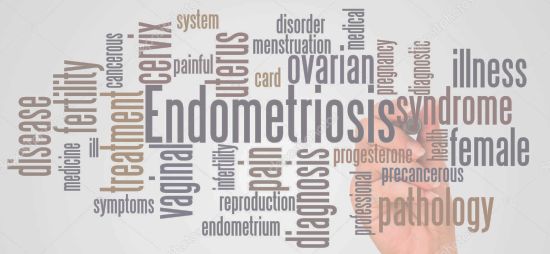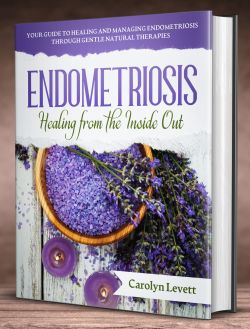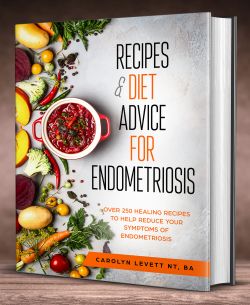Endometriosis and Dioxins
There have been extensive studies looking at the link between endometriosis and environmental pollution and chemicals in the environment. The use of chemicals has increased dramatically in the past few decades.
These chemicals then enter the food chain as well as the general environment. It is now being speculated that this increase in chemicals could be one factor that is causing endometriosis, or at least increasing the numbers of women and girls who are now developing the disease.
Our bodies are now surrounded by many toxic chemicals every day. These come from the air we breathe, the water we drink, from our food chain, from the harsh chemical based toiletries we use and the many house-hold cleaners we use in our homes.
Many of these chemicals can mimic the action of estrogen when they are absorbed by the body. One group of chemicals that has caused much concern is Dioxin. Dioxin is classed in the group of chemicals known as a Persistent Organic Pollutant (POP) - they are toxic, persistent (do not break down in the environment) and are bio-accumulative (stored in the body).
These chemicals are products and by-products of human industrial activity. In the early decades of this century, pollutants with these harmful properties were virtually non-existent. Nowadays these chemicals are found in pesticides, industrial chemicals (PCBs) and industrial by-products (dioxin and furans) during the production of chlorine-containing pesticides, wood preservatives and paper.
How wide spread?
Just about every member of the population of the planet, from the moment of conception until death, is now exposed to dioxin like compounds.
Virtually all human exposure to these chemicals occurs from foods and in particular through consumption of fish, meat, eggs and dairy products. Dioxin persist in the environment for years and accumulate in the fat of farm animals that eat contaminated feed, contaminated grazing, and water supply.
The effects of dioxin on the body are far-reaching and very damaging. Biochemical studies have shown that dioxins act as powerful "environmental hormones". Like the body's natural hormones, dioxin can cross cell membranes and alter the activity of genes that regulate the body's processes of development and self-maintenance.
These damaging effects can include:
- the immune system
- fetal death
- reproductive dysfunction i.e. endometriosis
- organ toxicity - liver, spleen, thymus
- modulation of hormones and receptors
- birth defects
- diabetes
Research studies
A study in undertaken in 1992 by German scientists reported an link between heavy PCB contamination and endometriosis. This study was the beginning of new research developments in the search for causes of endometriosis. A year later in 1993 researchers from the Harlow Primate Centre at the University of Wisconsin published new and unexpected findings. Their study was of monkeys used in research on the long-term reproductive effects of dioxin.
When three of the dioxin treated animals died of severe endometriosis, a new study was initiated to compare the presence and severity of endometriosis with the animals exposure to dioxin. The study found a dose-dependent relationship between dioxin and endometriosis.
Chemicals and endometriosis
Many of the unwanted toxic chemicals that enter your body have a similar physical structure to that of natural estrogen and it is vital that women with endometriosis try to avoid them. These chemicals are known as 'xeno-oestrogens' and when they enter the body they can trick the body into thinking they are the genuine natural structures of estrogen.
The body then allows these unnatural chemicals to connect with the cells that communicate with estrogen and interfere with the natural balance. This then leads to estrogen dominance and helps to feed endometriosis.
Dioxin also appears to block the body's production of progesterone and increasing the problem of hormone imbalance and oestrogen dominance.
Ways to reduce these xeno-estrogens:
- reduce you use of chemical based toiletries - they are utterly laden with chemicals
- reduce your use to household cleaners and use old fashioned remedies instead
- omit dairy foods or meat - these are advised to be avoided on the diet for endometriosis (see diet)
- maintain liver health - as the liver is the biggest 'cleansing/detoxing organ in the body
- reduce the amount of food stuffs you purchase that are packaged in plastic containers - ie. convenience foods
Reducing your exposure to dioxins and xeno-estrogens will help to reduce your symptoms of endometriosis and reduce further development of the disease.
Reference:
https://academic.oup.com/toxsci/article/70/2/161/1621651
https://www.ncbi.nlm.nih.gov/pmc/articles/PMC1240688/
https://www.ncbi.nlm.nih.gov/pmc/articles/PMC2867352/
 As featured in:
As featured in:










